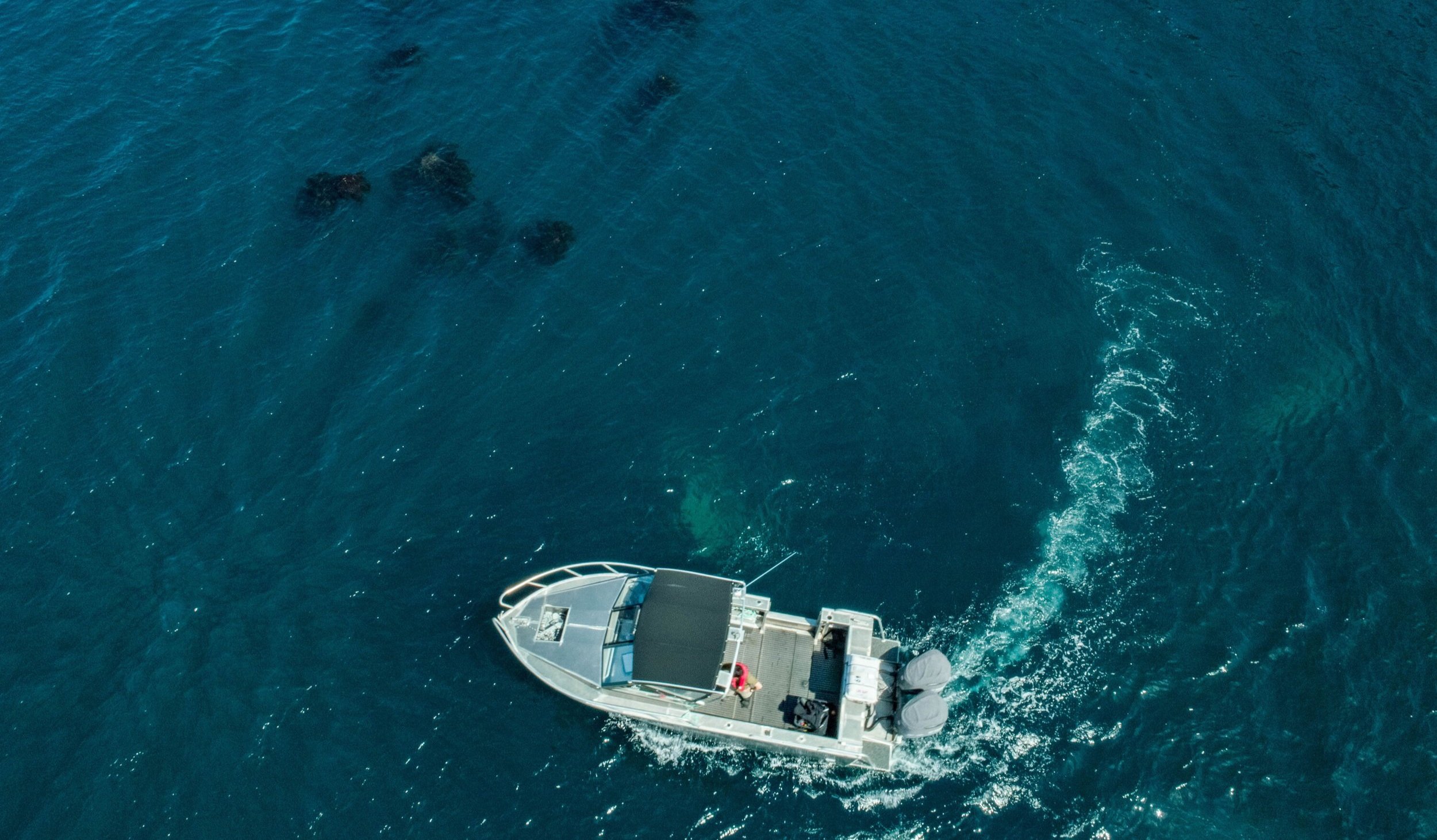
Here is a list of important words for this lesson:
Algae: Simple, plant-like organisms that live in water and perform photosynthesis. Kelp is a type of large brown algae.
Biodiversity: The variety of life in a particular habitat or ecosystem, including different species of plants, animals, and microorganisms.
Climate change: long-term shifts in weather patterns (e.g. temperature and rainfall).
Ecosystem: A community of living organisms interacting with each other and their physical environment.
Foundation species: species that play a crucial role in creating and sustaining a habitat for other species.
Habitat: The natural environment in which a species lives and grows.
Invasive Species: Non-native organisms that spread rapidly in a new environment, often causing harm to native species and ecosystems.
Marine Protected Area (MPA): A region of the ocean designated for conservation and protection of natural resources, where human activities are regulated to preserve marine life.
Native: originating and naturally occurring in a specific area or environment.
Nutrient: a substance that an organism must obtain from its surroundings essential for maintenance of life and growth.
Overexploitation: refers to the excessive extraction and use of natural resources at a rate faster than their ability to regenerate, resulting in resource depletion.
Photosynthesis: process in which plants, algae and some types of bacteria use sunlight to convert the carbon dioxide and water into organic matter and oxygen.
Resilience: in an environmental context, it refers to the ability of an ecosystem to withstand and recover from disturbances and adapt to change, while preserving its essential functions and structure.
Saturation chambers: enclosed environments used to expose materials or organisms to specific pressure conditions often used to simulate deep-sea environments.
Species: a group of organisms that share common characteristics and can breed with each other.
Stakeholder: refers to individuals, organisations, or groups that have a particular interest in or are affected by a decision or project.
Transplantation: The process of moving organisms from one location to another to aid in the restoration of an ecosystem, such as relocating kelp plants to restore a degraded kelp forest.
Trophic Levels: The different levels in a food chain, based on the position an organism occupies, from producers (like plants) to consumers (like herbivores and predators).
Upwelling: a process in which cold, nutrient-rich water rises to the surface. This process is vital for enhancing marine productivity and supporting marine ecosystems.
